Policy 1.40 - Board Committees
Policy 1.40 Board Committees
The Board of Education recognises committee work as a valuable means of gathering input from rightsholders and partner groups, to assist the Board in its decision-making processes. The Board may establish Standing and/or Working Committees supported by Board approved Terms of Reference to clarify committee membership, roles, and jurisdiction and to guide committee functioning.
Committees may not exercise the rights, duties, and powers of the Board and, on completion of deliberations, committees shall report findings to the Board. Such reports cannot be acted upon unless approved by the Board.
Types of Committees
Standing Committees provide advice to the Board on an ongoing basis, meeting on a regular or as needed basis to review, advise and/or make recommendations to the Board as a whole. Standing Committees will normally include:
- Committee of the Whole
- Education Committee
- Finance, Audit and Facilities Committee
- Policy Committee
Membership may include rightsholders and partner representatives, along with trustees.
Working Committees are formed for time-limited, specific purposes, sometimes referred to as an ad hoc committee, established by the Board to accomplish a particular task. Membership may include stakeholder representatives, along with trustees. Working Committees may be assigned a Budget not exceeding $3,000 per fiscal year.
Terms of Reference
The Board will provide Terms of Reference for standing and working committees that will not conflict with the mandate of any other committee.
A comprehensive Terms of Reference will be established for each committee and will include:
- whether the committee is a standing or working committee
- a clear description of the purpose of the committee, and any specific deliverables
- description of membership considering an appropriate number of members suited to the role of the committee
- designation of a chairperson
- designation of district staff supports for the committee
- budget provisions
- a determination regarding what constitutes a quorum
- meeting dates and times
- expectations regarding agendas and supporting materials
- clarity as to the manner in which any advice will be provided to the Board
Guidelines
1. | The Board Chairperson shall appoint the members to, and designate the chairperson of each Standing and Working Committee at the first regular meeting of each year or as soon thereafter as possible. The Board Chairperson may fill vacancies as they occur on any standing committee. |
| 2. | Should the committee chairperson be unable to attend the meeting, the Board Chairperson will chair the meeting in their place. |
| 3. | Any trustee may attend meetings of any committee of the Board and may take part in any discussion but may not vote. |
| 4. | The Chairperson of the Board is an ex-officio member of each of the Standing Committees. |
| 5. | The committee chairperson will establish the agenda and future agenda items may be identified in committee. |
| 6. | Recommendations will normally be based on a consensus model. If consensus is not achievable, the issue will be decided by a majority vote. |
| Legislative References: | School Act [RSBC 1996, Section 65] |
| Collective Agreement References: | Nil |
| Date of Adoption: | March 11, 1998 |
| Date of Revision: | November 8, 2000, June 13, 2018, May 8, 2024 |




